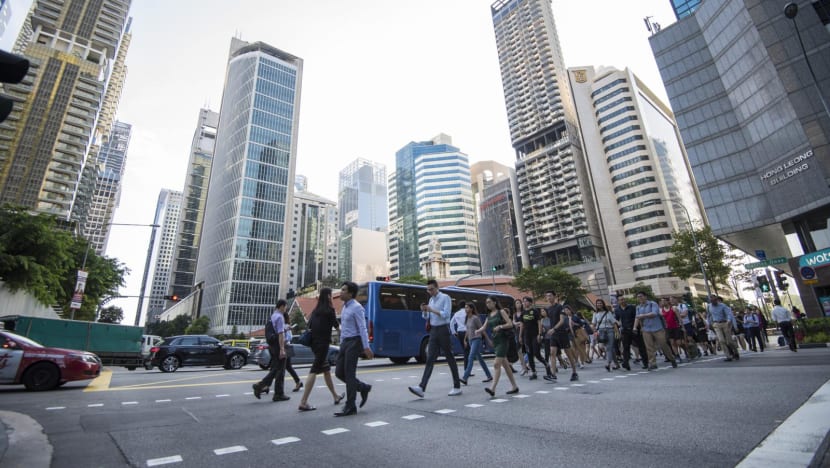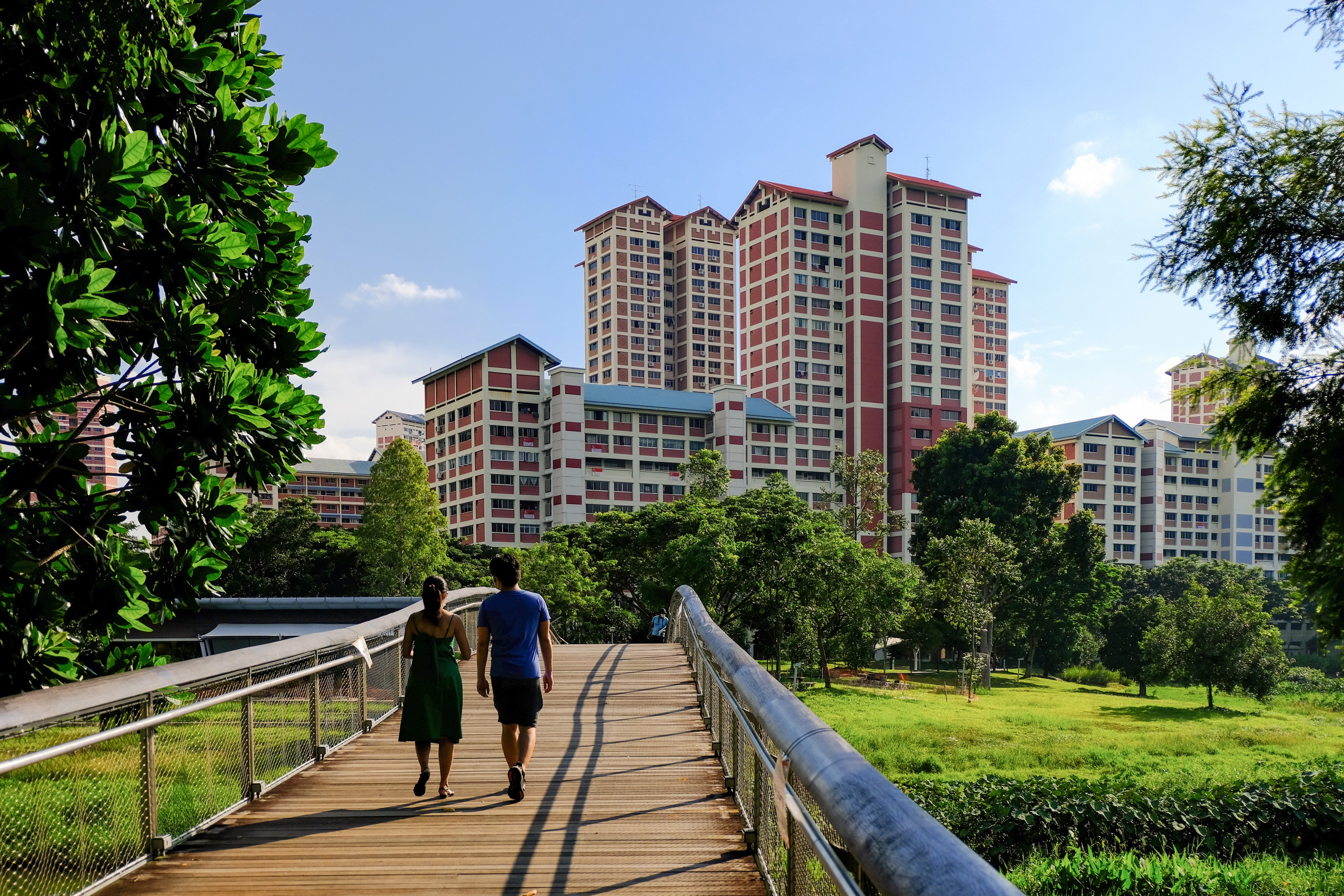Can an HDB Owner Buy a Condo?
Singapore's housing landscape is unique and multifaceted, shaped by government policies aimed at providing affordable housing for its citizens. The Housing and Development Board (HDB) plays a crucial role in this ecosystem, offering subsidised flats to Singaporeans.
However, as the property market evolves, many HDB owners are increasingly interested in purchasing private properties, particularly condominiums. This raises an important question: Can an HDB owner buy a condo, and what are the considerations involved?
Understanding HDB Ownership Rules
To navigate the path from owning an HDB flat to purchasing a condo, it is essential to understand the Minimum Occupation Period (MOP) set by HDB.
- MOP for New BTO Flats: For new Build-To-Order (BTO) flats, owners must reside in their units for a minimum of 5 years before they can sell or rent out the entire flat.
- MOP for Resale HDB Flats: The same 5-year rule applies to resale flats as well. During this period, homeowners cannot sell their flats or lease them out entirely.
This requirement ensures that HDB flats are primarily used for owner occupation rather than as speculative investments. Therefore, fulfilling the MOP is a prerequisite for any HDB owner considering the purchase of a private property.
Eligibility to Own Both HDB and a Condo
Once the MOP is completed, HDB owners can explore the possibility of owning both an HDB flat and a condo. However, several conditions must be met:
- Completion of MOP: As mentioned, owners must have fulfilled the 5-year MOP before they can consider buying a condo.
- Financial Requirements: When purchasing a condo while owning an HDB, your ability to finance two properties is critical. Financial institutions will assess your total debt servicing ratio (TDSR), which caps your monthly debt repayments (including housing loans) at 55% of your gross income.
- CPF and Additional Buyer’s Stamp Duty (ABSD): Singaporeans face ABSD of 20% (as revised in 2023) for a second property. Additionally, CPF savings can be used to pay for the condo only after setting aside the Basic Retirement Sum (BRS) in your CPF account if you are 55 or older.
Certain scenarios may restrict ownership of both properties. For instance, if an individual has purchased a subsidised HDB flat without meeting eligibility criteria, they may not be allowed to buy a condo until those conditions are satisfied.
Financial Considerations for Dual Ownership
Owning both an HDB flat and a condo involves significant financial planning. Here are key aspects to consider:
-
Cost Breakdown: Owning two properties means managing two sets of costs—mortgages, maintenance fees, property taxes, and insurance for both units.
Financing Options: For a second property: The Loan-to-Value (LTV) limit is reduced to 45% if there is an existing housing loan. This means buyers must provide 55% of the condo’s price as a combination of cash and CPF savings For the first property (if no loans exist), the LTV can go up to 75% depending on loan tenure and the buyer's age.
Note: To use CPF for the condo’s down payment, you must maintain the Basic Retirement Sum (BRS) in your CPF account (SGD 99,400 in 2024 for those aged 55 and above). Excess CPF funds from the Ordinary Account can then be used.-
Impact of ABSD: The ABSD can significantly increase upfront costs when purchasing a second property. For example, if you buy a condo while still owning your HDB flat, you would incur an additional 20% on the purchase price or valuation.
-
Long-Term Affordability: Beyond upfront costs, dual ownership can strain finances with ongoing costs like sinking fund contributions (for condos) and unforeseen repairs. Experts recommend maintaining total debt below 55% of monthly income for financial stability
Selling an HDB to Buy a Condo: Is It a Better Option?
Another option for those looking to transition into private property is selling their HDB flat before purchasing a condo. This approach has its advantages:
- Funding the Purchase: Selling your HDB can provide liquid capital that can be used as a down payment on a condo, potentially avoiding ABSD if timed correctly.
- Investment Opportunities: If market conditions favour condos over HDBs in terms of appreciation potential or rental yield, selling may be advisable.
Note: The sale of an HDB flat after purchasing private property in Singapore is as follows:
Singapore Citizens: If you are a Singapore Citizen, you are permitted to retain your HDB flat after acquiring a private residential property. There is no mandatory requirement to sell your HDB flat within 6 months of purchasing a private property.
Singapore Permanent Residents (SPRs): If all owners of the HDB flat are Singapore Permanent Residents, you are required to sell your HDB flat within 6 months of acquiring a private residential property. This rule ensures that HDB flats remain primarily for owner-occupation and are not held as investment properties.
These regulations are designed to maintain the intended use of HDB flats and to manage the balance between public and private housing ownership in Singapore.
Pros and Cons of Owning an HDB and a Condo Simultaneously
Owning both types of properties comes with its own set of advantages and disadvantages:
Pros:
- Investment Potential: Owning both properties can diversify your investment portfolio.
- Rental Income Flexibility: Renting out either unit can provide additional income streams.
- Enhanced Lifestyle: Condos often offer superior amenities compared to HDB flats.
Cons:
- Increased Financial Burden: Managing mortgages and maintenance costs for two properties can strain finances.
- ABSD Costs: The additional stamp duty adds significant upfront costs.
- Economic Risks: Economic downturns could impact rental income and property values.
Alternatives for HDB Owners Wanting a Condo
For those who wish to transition from an HDB flat to a condo without incurring excessive costs or complications:
- Renting Out Your HDB Flat: Consider renting out your current unit while moving into a condo. This strategy provides rental income while fulfilling financial obligations on your new property.
- Executive Condominiums (ECs): These offer a middle ground between public housing and private condos. They come with lower entry prices but provide many amenities associated with private developments.
- Direct Upgrading Options: After selling your HDB flat, explore upgrading directly to condos without holding onto both properties simultaneously.
Conclusion
Navigating the complexities of owning both an HDB flat and a condo in Singapore requires careful consideration of eligibility criteria, financial responsibilities, and strategic decision-making.
Understanding regulations like the MOP and ABSD is crucial in making informed choices about property ownership. Additionally, thorough financial planning is essential to ensure long-term affordability and stability in your investments.
For anyone contemplating this journey into dual property ownership, consulting with financial advisors or property experts can provide tailored insights that align with your specific circumstances.
You can now be our community contributor and make a pitch to have your favourite personality be on our show.
Join our community group and drop us your insights on this topic.

-3.png?width=50&name=Square%20(2)-3.png)








Let us know what you think of this post